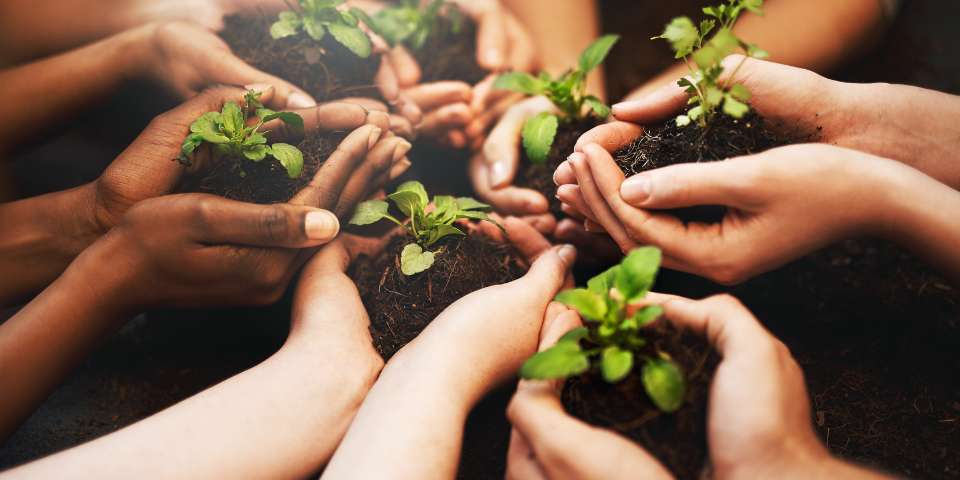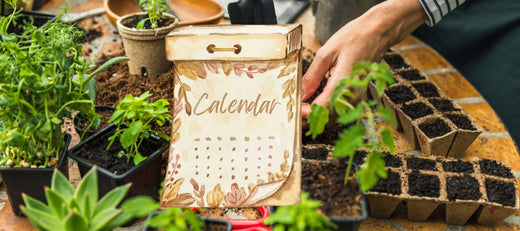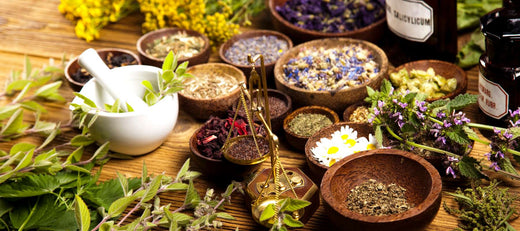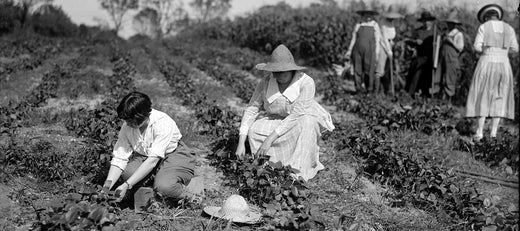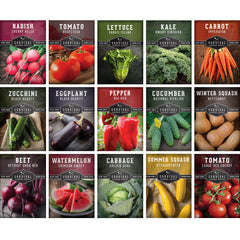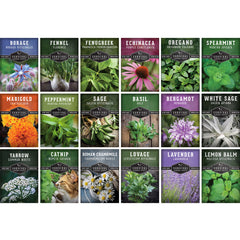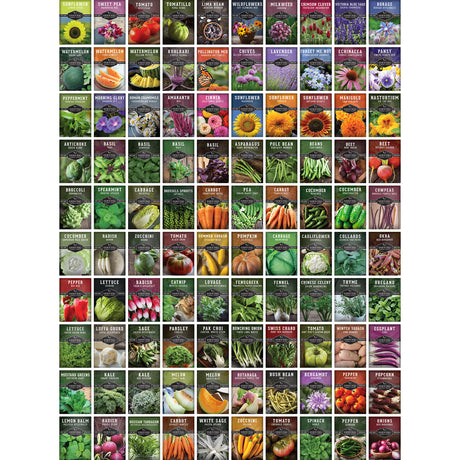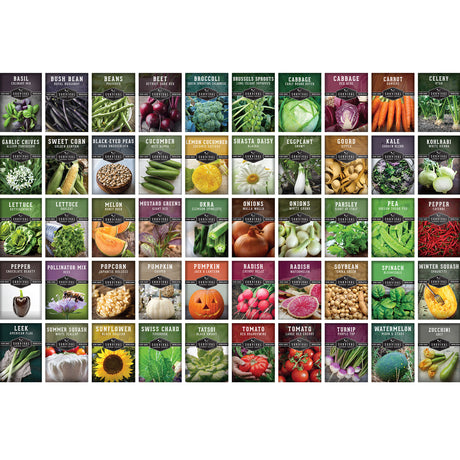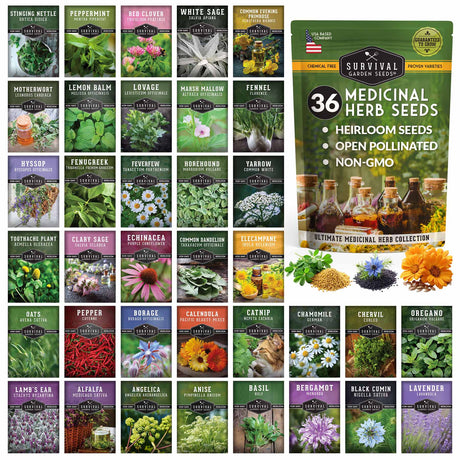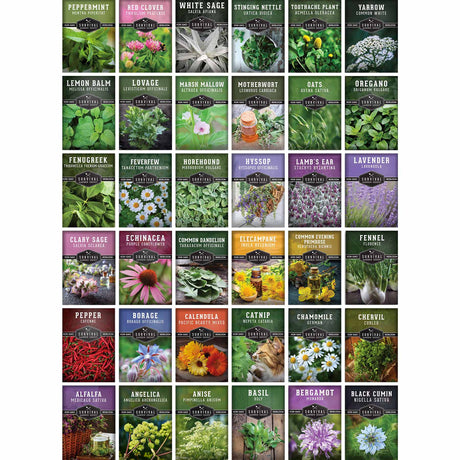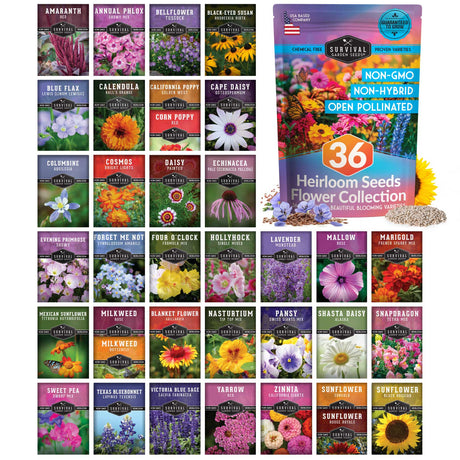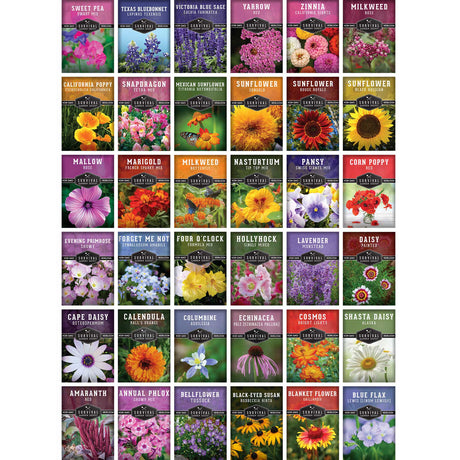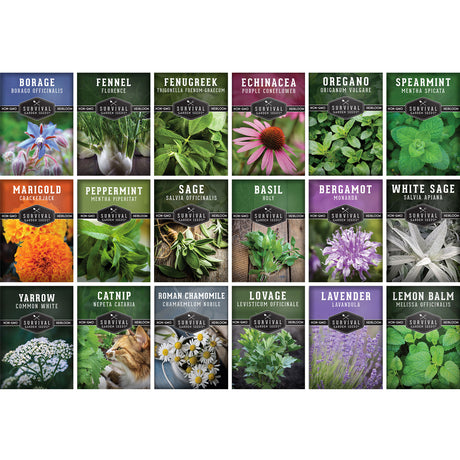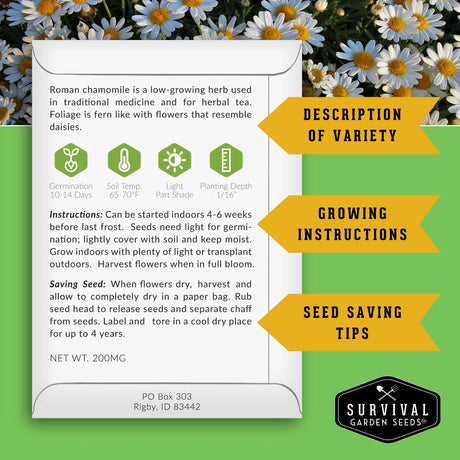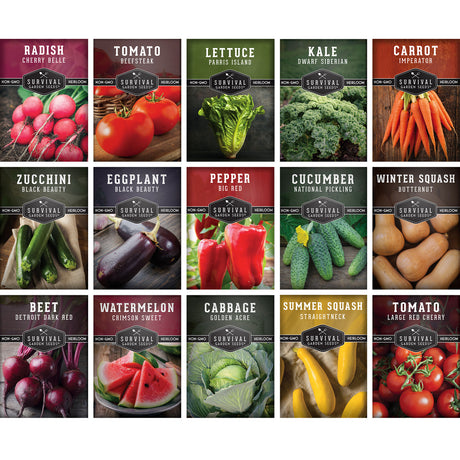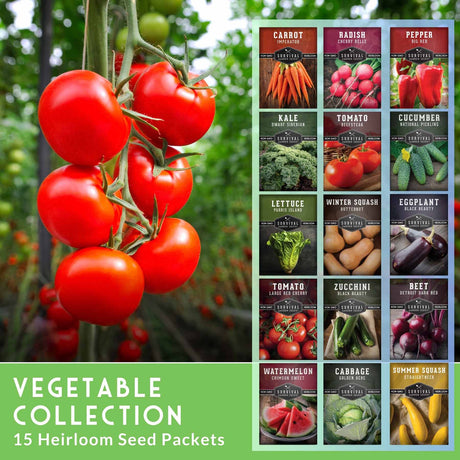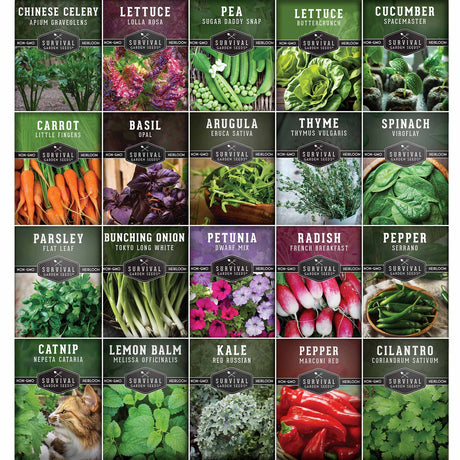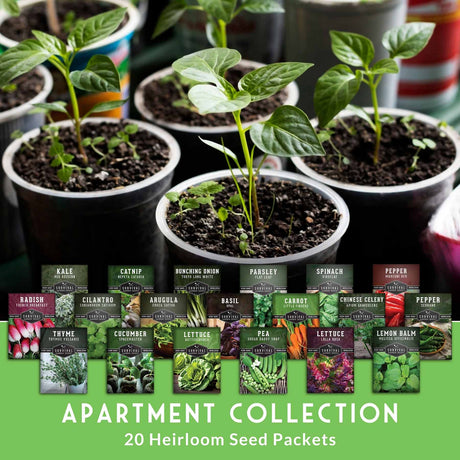Yesterday was Earth Day – my favorite holiday. I am absolutely in love with this beautiful planet we call home, and I am lucky enough to spend my time doing work that connects people to the Earth. I strongly believe that everyone should grow a garden, or at least have a few potted plants they care for, and helping others do that is hugely motivating. One of the best things you can do for yourself and the environment is to grow a garden. Here are just a few reasons why:
Home gardens are local.

Your neighborhood farmer’s market is a great resource, but nothing is more local than your own yard! Food you grew yourself only has to travel a few steps to get to your table. Grocery store fruits, vegetables, herbs, and even flowers often travel enormous distances before they reach the shelf. Sometimes, they come from different continents and may have even been grown in ways that are devastating to the world’s environment. Plus, getting those products to your home involves a lot of packing materials, shipping costs, and waste that add up to a huge carbon footprint. Anything you grow in your home garden only requires a few steps to go from the plant to your kitchen table.
Home gardens use fewer chemicals.
Many home gardeners want to use the most sustainable practices possible, but you don’t have to be 100% organic to improve on the land management practices of the agriculture industry. Except in rare cases, it’s almost impossible for a home gardener to use the same amounts of pesticides, fertilizers, and herbicides that a conventional farm uses. When your garden is in your backyard, you have a much more personal investment in how your land is managed. You’ll be much more judicious with any use of toxic chemicals that could make you or your family sick.
Home gardens promote biodiversity.
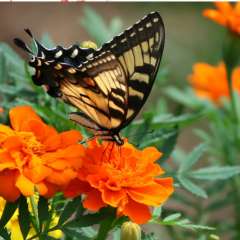
Your garden isn’t a monoculture like those found in industrial agriculture. You’re nurturing a richly diverse ecosystem. Whether you’re growing to feed a family, tending a small herb garden, or growing flowers for pleasure, each plant adds to the biodiversity of your local environment. Even a small patio garden can revitalize an otherwise barren area. Implementing flowers, cover crops, and companion planting can enhance your garden’s fertility, benefitting your neighborhood. Plant roots support myriad microorganisms, including bacteria and fungi, which play essential roles in the food chain. Blooming flowers aid pollinators and may naturally deter pests, helping you to encourage a healthier and more vibrant ecosystem. If biodiversity leads to challenges, such as attracting pests like aphids or tomato hornworms, remember they’re also part of the food web. Some helpful ladybugs or chickens might be all it takes to restore ecological balance.
Home gardens fight pollution.
Plants are great at filtering and cleaning toxins from the air, the soil, and even the water. They even reduce noise pollution. The more plants, the better, especially helpful in highly polluted urban environments! A few indoor herbs can improve your air quality and increase oxygen in your home, so keep a few planters growing on your windowsills at all times.
Home gardens prevent erosion.
A densely planted garden is full of roots that hold the soil together. When it rains, the soil won’t wash into your road, down a storm drain, or into your local waterways. Soil loss is ecologically devastating, increasing carbon dioxide levels in the air, but your home garden can help prevent that, and even help to build better quality soil, leading to even greater garden productivity.
Home gardens strengthen our relationship to the natural world.
At Survival Garden Seeds, we are dedicated to helping people grow gardens, feed their families, and be self-reliant. There’s a dismaying disconnect from the natural world lately, and too many people don’t understand how their food is grown. However, it’s pretty hard to ignore changes in the climate when you have to think about your plants’ water needs, what the sun exposure is like on your land, and when your frost dates are. When you take the time to consider the role of pollinators in your garden while discouraging unwanted pests, you become intimately acquainted with the interconnectedness of life on this planet and the balance of nature, so you better understand your place in the world.
Home gardens boost mental health.
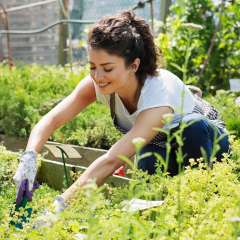
That sense of connectedness with the planet is also very mentally grounding and restorative. In my household, we jokingly will tell each other to “Go touch some grass!” if we’re too caught up in something happening online or even if we’re just getting grouchy. Going outside and playing in the dirt is a great way to get fresh air, vitamin D from sunshine, and exercise that work together to boost your mental well-being. Seeing your garden grow and thrive naturally leads to a practice of gratitude. It’s easy to count your blessings when you watch them grow day by day!
Home gardens improve physical health.
Fresh air and exercise are good for your body, too. Gardening can be a gentle way to get moving and to add more fruits and vegetables into your diet. There’s nothing fresher – or more delicious – than homegrown food. You can grow your favorites and make it fun to start eating healthier. You can also affordably put away food for long-term storage by canning, fermentation, and freezing.
Home gardens promote community.
Gardening is a fantastic way to strengthen the bonds of family and community. It’s an appealing intergenerational activity that helps bridge gaps and form connections. Grandparents can become gardening mentors to their grandchildren (and sometimes even great-grandchildren), teaching the younger generations their wisdom and introducing them to their favorite plants and recipes. Plus, it’s so much fun to surprise someone with the gift of their favorite tomatoes, a loaf of zucchini bread, or some cowboy candy from your garden excess.
We’ve only scratched the surface of the benefits of home gardens. They reduce expense and food waste, especially when paired with composting practices. They also help to sequester carbon dioxide, and we all know every little bit helps when it comes to fighting climate change. Gardens are – quite literally – pretty cool, too. That is, they help bring down blazing hot temperatures. This is an especially useful trick in urban heat islands with a lot of asphalt and concrete.
If you want to improve the environment (and your life) growing a garden is a fantastic start. Whether you simply plant a pot of fresh basil to add to your pizza, grow a beautiful pollinator garden filled with milkweed and wildflowers, or dedicate a few acres to feeding your family, gardening will add some positive activity to your life while doing something good for the world. Now’s a good time to get started growing. Plant some seeds and root yourself deeper into this beautiful Earth you call home.
Written by Teresa C. in Alabama, USDA Zone 8a
